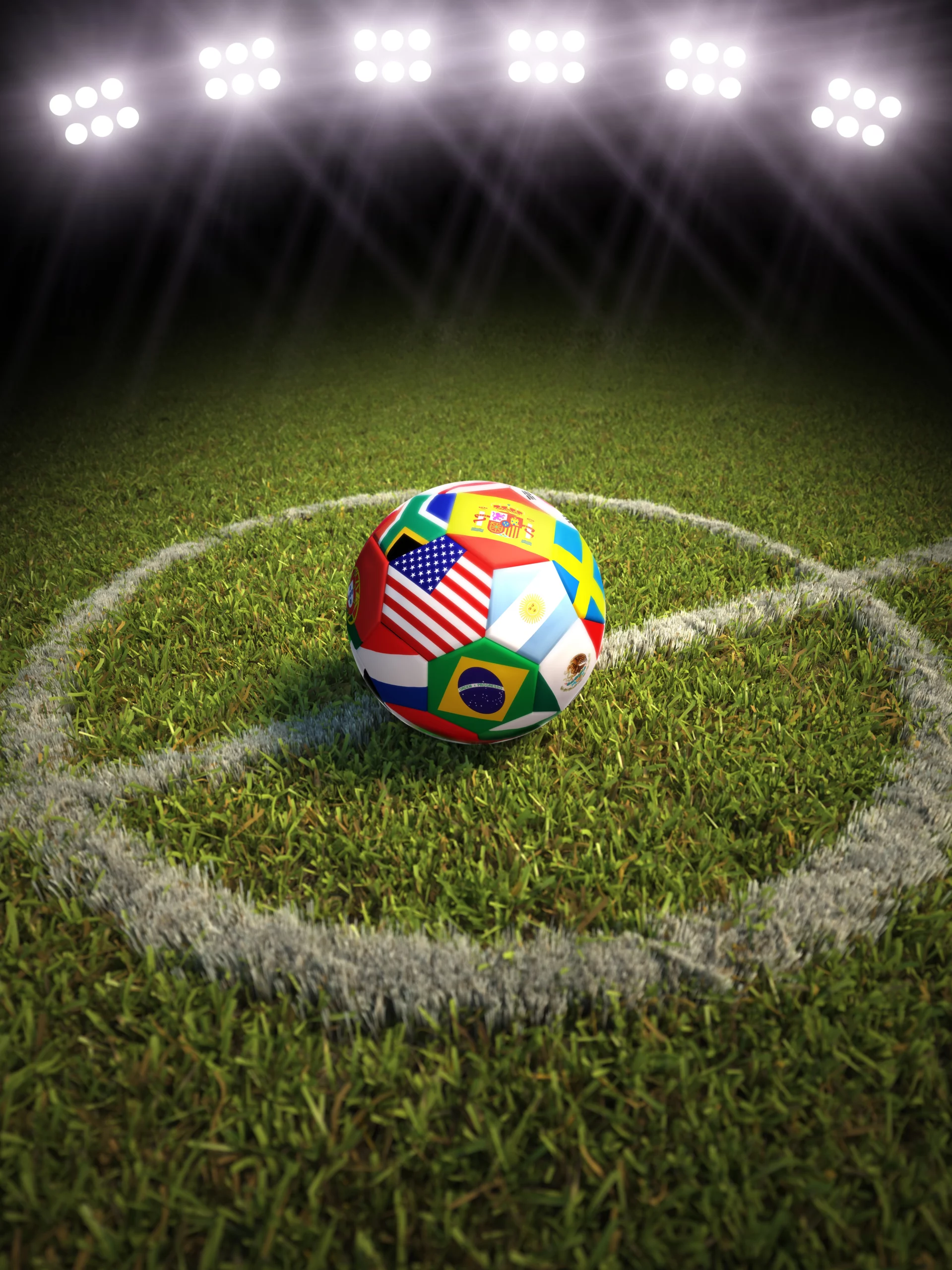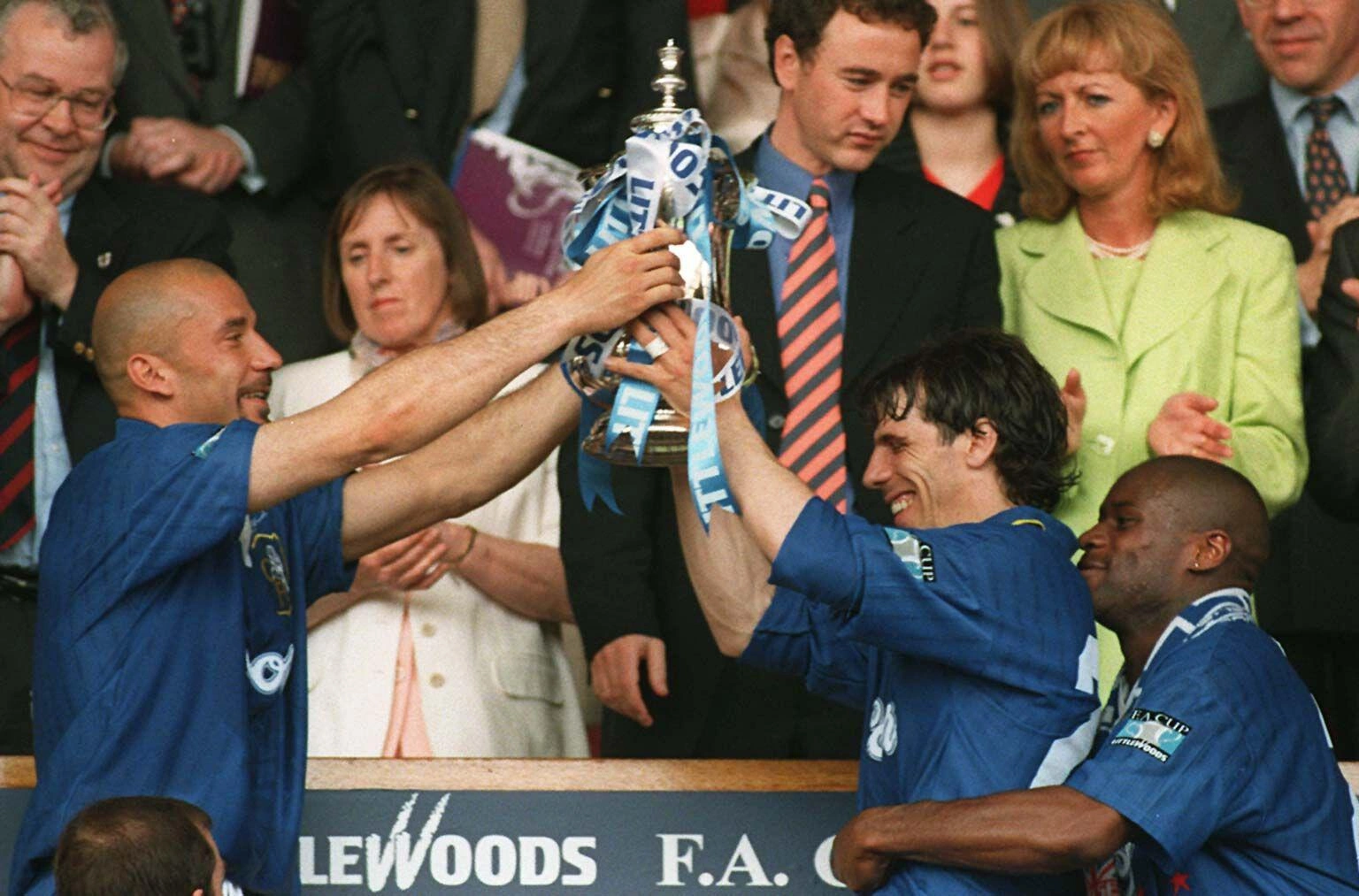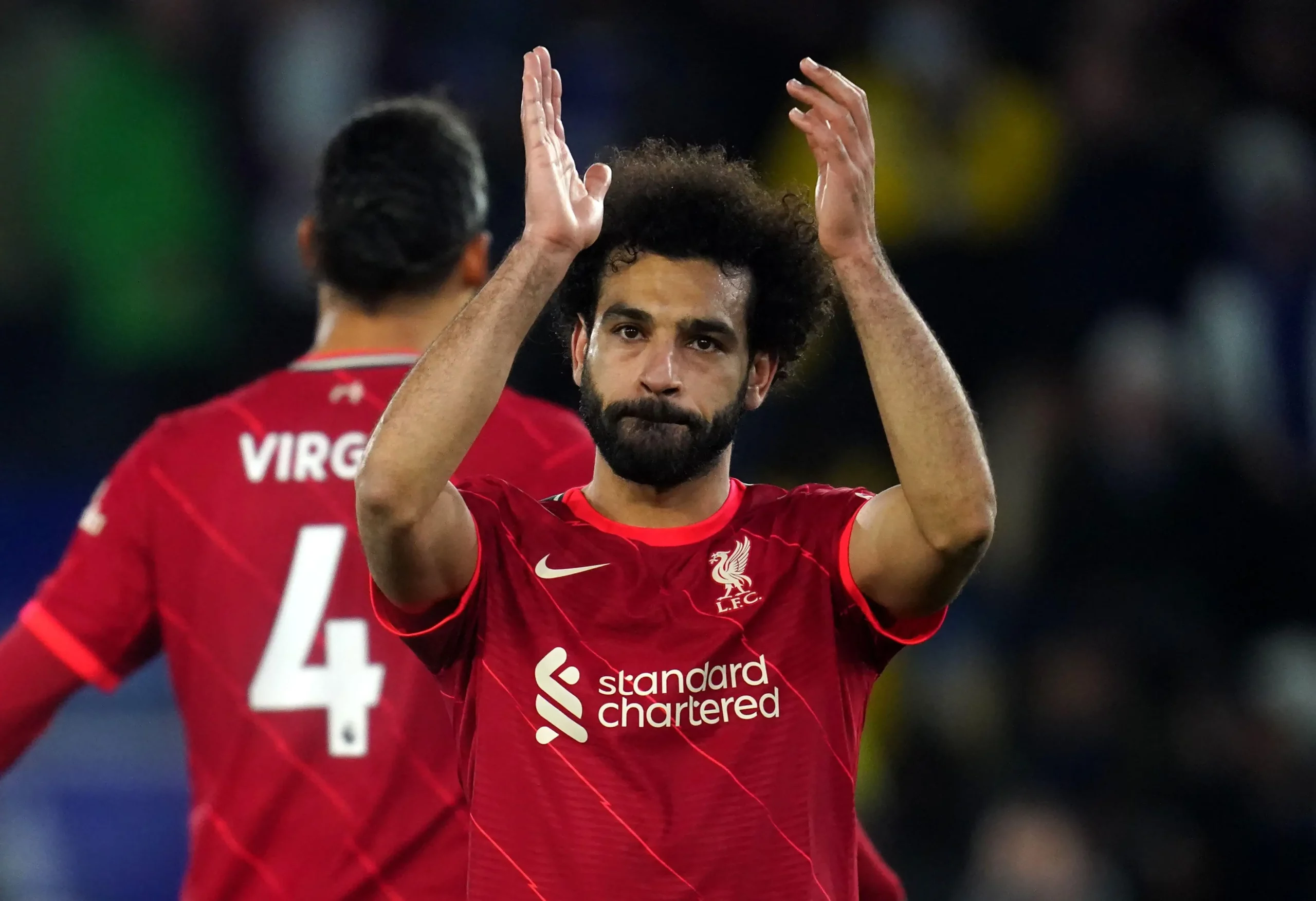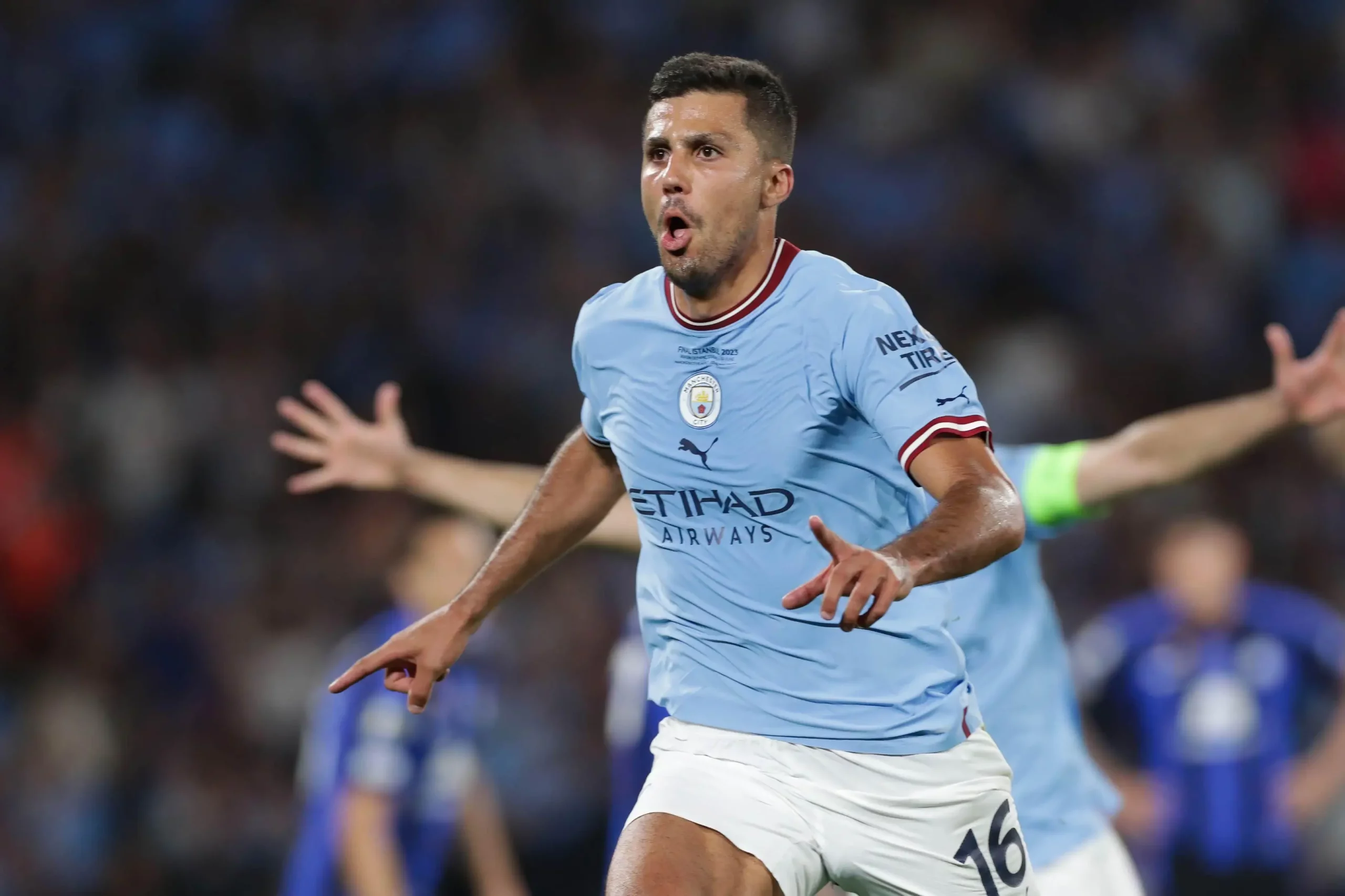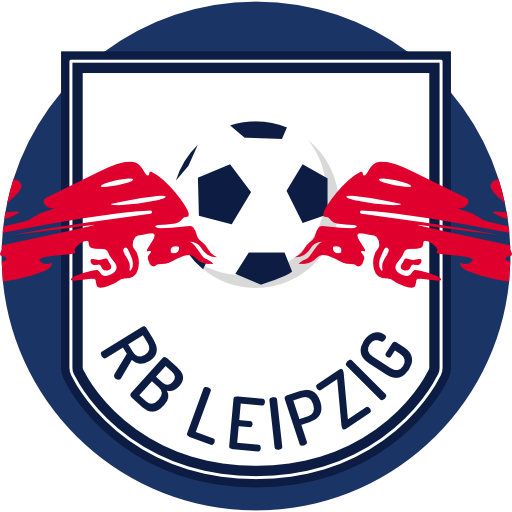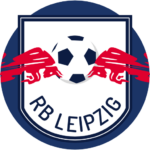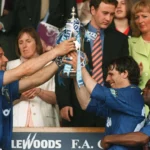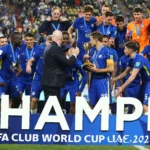Football captivates millions but beyond the goals, tackles, and strategies, there’s another layer of interest – the names of the players themselves. Some names resonate because of their rhythm, some because of their cultural significance, and others simply because they are amusing.
While we usually highlight the goals, successes, and memorable football moments here, this time, we decided to go for a different approach and mention the players with the coolest names in football. It is only based on our opinion and based on the sound that the name resonates, you don’t have to be famous to end up here.
Jan Venegoor of Hesselink
At first glance, Venegoor of Hesselink might appear as a noble from a historical drama rather than a striker. The name, owing to the Dutch tradition of hyphenating names from two families, is hilariously long, and fans love it for its poetic sound. Venegoor aggrandises jerseys in a delightful way, humorously reminding us of the colourful diversity football brings.
There was no way to spell his name any shorter than it is. He gave every jersey designer a headache everywhere he went. He had the most success with PSV Eindhoven and Celtic, where he spent the heyday of his career.
Jimmy Floyd Hasselbaink
Jimmy Floyd Hasselbaink’s name is memorable for its rhythm and cadence. Born in Suriname, he moved to the Netherlands and played for several clubs before making his mark in English football. A prolific goalscorer, Hasselbaink won the Premier League Golden Boot in 1998/99 while playing for Leeds United and scoring 18 goals.
He also played for Chelsea, where he continued his impressive scoring record. In total, Hasselbaink scored 245 goals for ten clubs over 18 seasons. He also played for the Netherlands national team, scoring nine goals in 23 appearances. Hasselbaink later transitioned into management after retiring and we will never get tired of saying his name every time in full.
Shaka Hislop
Shaka Hislop’s name is as fun as the Newcastle goalkeeper tops he wore in the nineties. Born in England, Hislop played internationally for Trinidad and Tobago and was the starting goalkeeper in their first-ever World Cup match in 2006. Hislop began his career with Reading, where he became a fan favourite and won Player of the Year twice.
A scout from Reading spotted Hislop playing an indoor friendly match for Howard University. He also played for West Ham and Portsmouth. Hislop was part of the Newcastle United team that finished second in the Premier League for two successive seasons.
He earned even a U-21 cap for England but played 26 games for Trinidad and Tobago from 1999 to 2006. After retiring from football in 2007, Hislop became an ESPN football analyst. He was also inducted into Trinidad and Tobago’s Sporting Hall of Fame.
Linvoy Primus
Linvoy Primus’s name sounds like he should be a Transformer and not a former Portsmouth player. Born Linvoy Stephen Primus in Forest Gate, England, Primus played as a defender. He began his professional career at Charlton Athletic and later moved to Barnet before a £250,000 transfer to Reading.
Primus joined Portsmouth after three seasons with Reading. Although he initially struggled with injuries, he broke into the first team during the 2002–03 season and won Portsmouth’s Fan Player of the Season and PFA Fans’ Player of the Year for his division.
The Milton End stand at Fratton Park is now known, because of his services to the club, as the ‘Linvoy Primus Community Stand.’ Known for his Christian faith and charity work, Primus co-founded the Christian charity “Faith and Football.” He was awarded an MBE in 2015 for his contributions to football and charities.
Ricky Van Wolfswinkel
Anything with ‘Wolf’ in it is a winner. Ricky van Wolfswinkel is a Dutch professional footballer who plays as a striker for FC Twente in the Eredivisie. Van Wolfswinkel began his career at Vitesse, debuting in 2008. In 2013, he joined Norwich City for a reported €10 million.
He scored in his debut against Everton but struggled to find the net for the remainder of the season. He has also played for Utrecht, Sporting Lisbon, Real Betis, and Basel. Van Wolfswinkel has represented the Netherlands at various youth levels and has two senior caps. As of 2025, Van Wolfswinkel has scored five goals in 24 appearances for FC Twente, and we are sure that the more he scores, the more troublesome it will be for commentators to do their jobs.
Bixente Lizarazu
Bixente Lizarazu’s is the kind of brilliant name you would expect from a Basque-French footballer. Born Bixente Jean-Michel Lizarazu in Saint-Jean-de-Luz, France, Lizarazu played as a left-back. He rose through the ranks at Bordeaux, where he was part of a team that finished second in the French First Division in 1989–19903.
Due to his Basque heritage, he joined Athletic Club in 1996. In 1997, he joined Bayern Munich, winning six Bundesliga championships and the 2000–01 UEFA Champions League. Lizarazu earned 97 caps for the France national team from 1992 to 2004. He played in three UEFA European Championships and two FIFA World Cups, winning the 1998 World Cup and UEFA Euro 20003. Lizarazu retired from football on July 1, 2006, but his name will echo in the minds of fans as one of the coolest ones to pronounce.
Hidetoshi Nakata
There was a real novelty to seeing the names of Japanese footballers pop up in European football during the late nineties before it hit its peak just after the 2002 World Cup. Hidetoshi Nakata, widely regarded as Japan’s greatest player, moved to Perugia in Serie A after the 1998 World Cup.
He took Italian football by storm, scoring ten league goals in his debut season. Nakata also helped Roma win the Scudetto. Replacing Francesco Totti in a match against Juventus, Nakata scored a 30-yard goal, contributing to a 2-2 draw.
In 2001, Nakata joined Parma for a record fee for an Asian player. Nakata then played for Bologna and Fiorentina before moving to Bolton Wanderers. Surprisingly, he retired at the age of 29 as he felt better to retire when he was on top before losing enthusiasm for the game.
Nakata was named in Pelé’s FIFA 100 list of top living footballers. For Japan, he played in three World Cups and two Olympics. He earned 77 caps for Samurai Blue and scored 11 goals.
Kevin Lasagna
Italian, obviously. Kevin Lasagna, the Udinese and Italy striker, has a name that is a headline writer’s dream. Born in San Benedetto Po, Italy, Kevin was named after Hollywood actor Kevin Costner.
Lasagna played amateur football before rising through the ranks. He played in Serie D for Padua club Este, where he scored 21 goals in 33 appearances. Carpi paid €75,000 to secure Lasagna’s services. Lasagna helped Carpi achieve promotion to Serie A in his first season.
He made his debut at the age of 23 in a 5-2 loss to Sampdoria in August 2015. In January 2017, Lasagna joined Udinese for €4.5 million where he scored on his debut for Udinese in a 3-2 cup win against Frosinone. Lasagna was called to the Italy senior team in 2018. He now plays as a striker for Serie B club Bari, but we are still not certain if he actually likes Lasagna at all.
Careca
This Brazilian striker was nicknamed “Careca,” which roughly translates as ‘bald.’ Antônio De Oliveira Filho was born in Araquara, São Paulo, on October 5, 1960. His nickname came from his likeness to the Brazilian clown Carequinha, despite having a full head of hair. He began his career with Guarani in 1978 and scored over 100 goals in five years.
In 1983, he moved to São Paulo FC, guiding them to the championship and Copa de Brasil double in 1986, where he was the top scorer in both competitions and was awarded the Bola de Ouro. Careca joined Napoli for a reported 4 million lira, where he scored just five short of a century of goals in 225 games, making him the sixth-highest scorer in the club’s history. He was also the focal point of the Seleção’s attack.
Danny Drinkwater
Danny Drinkwater’s name is a memorable example of alliteration. Born Daniel Noel Drinkwater on March 5, 1990, in Manchester, England, he played as a midfielder. Drinkwater came through Manchester United’s youth academy but gained first-team experience through loans to Huddersfield Town, Watford, Cardiff City, and Barnsley.
In January 2012, he joined Leicester City, becoming a key player in their Championship-winning team and their subsequent Premier League title win in 2016. Drinkwater signed with Chelsea in 2017 for £35 million. However, his time at Chelsea was marked by limited appearances and loan spells at Burnley, Aston Villa, Kasımpaşa, and Reading. Drinkwater earned three caps for the England national team in 2016. Unfortunately, after his final release from Chelsea in 2022, Drinkwater transitioned to working in construction.

